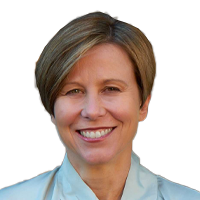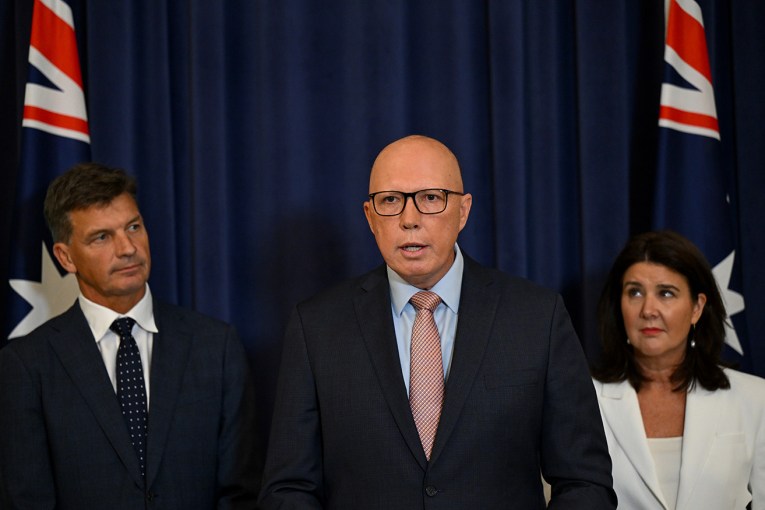What did the Budget do for domestic violence victims? Nothing, absolutely nothing


Violence against women is rife in our community, but those fleeing it often face poverty.
This Anti-Poverty Week, we need to talk about violence against women.
Violence against women is rife in our community and it does not discriminate. It is present in every suburb, and every town.
For a woman in a violent relationship, the decision to leave is an act of courage. In the weeks, months and years that follow, it requires an assertion of economic independence in a world where the financial odds are stacked against female workers.
Fear of destitution forces many women to stay because they simply cannot afford to leave. Fleeing violence requires money for transport, accommodation, bills, food and clothing. The risk of leaving and finding themselves and their children in poverty and homelessness is too great for many women.
At the beginning of the COVID19 pandemic, women’s advocates warned of an increase in violence against women and their children. Tragically these warnings came to pass, with one in 10 women in a relationship saying they had experienced intimate partner violence during the pandemic, and half of those women saying the abuse had increased in severity.
The crisis has intensified the choice facing too many women – live in fear, or flee to poverty.
The recovery offers us the opportunity to offer Australian women better choices.
Women’s employment has been hard hit during COVID-19. Before the pandemic, women were already concentrated in part-time roles, with lower pay and lower security. During the pandemic, female dominated industries have borne the brunt of job losses.

The government has failed to step up to help women, Jenny McAllister says. Photo: Getty
So far, the government seems unwilling to step up. Female dominated industries received no direct support in the Budget, and the Women’s Economic Security Statement received a paltry allocation; a third of one percent of the new measures in the budget.
Long-standing issues such as the cost of childcare were not addressed.
This is a missed opportunity for the economy, and a tragedy for Australian women. As the academic Professor Cathy Humphreys has observed, “women’s employment can provide the means of escape from domestic violence.”
However, for some women, particularly those subjected to coercion, employment may not be immediately possible.
The rate of unemployment benefits matters.
As part of the economic response to COVID-19, the Parliament established the Coronavirus Supplement, increasing the base rate of the JobSeeker Payment. This had an immediate impact, lifting unemployment benefits to a viable level for the first time in years, and providing the means to obtain health care, materials for education, clothing, and basic household items and necessities such as food, rent and bills.
As women look to escape family violence – often with children – and rebuild their lives, it is vital. Permanently increasing the rate of the JobSeeker Payment will help to protect women against the worst impacts of domestic violence by enabling them and their children a way to escape violence and abuse.
The intergenerational cycle of poverty and family violence must be stopped. When a key barrier to women fleeing violence is a lack of income and financial support, government has a direct role to play.
Jenny McAlister is a Labor senator for New South Wales
Family and domestic violence support services:
- 1800 Respect National Helpline: 1800 737 732
- Women’s Crisis Line (NSW): 1800 656 463
- Safe Steps Crisis Line (Vic): 1800 015 188
- Men’s Referral Service: 1300 766 491
- Lifeline (24-hour crisis line): 131 114
- Relationships Australia: 1300 364 277








